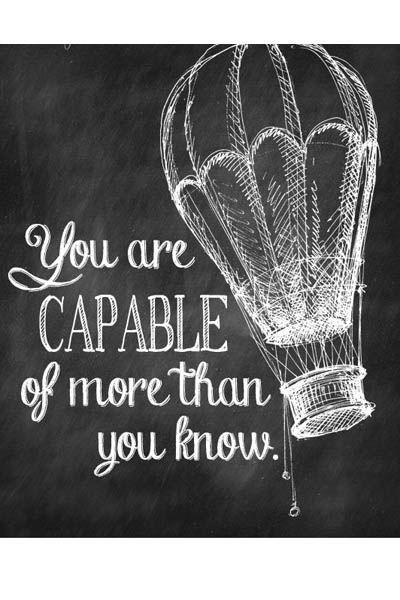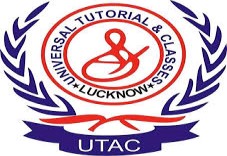We’re exposed to so much information and so many different opinions every day that it’s really easy to get lost in the details. Subsequently, we need to train ourselves to learn which details matter and which don’t. Start by listening to your gut. If something doesn’t sound true, that’s your first warning sign. “Critical Thinking” may sound like an obnoxious buzzword from liberal arts schools, but it’s actually a useful skill. Critical Thinking just means absorbing important information and using that to form a decision or opinion of your own—rather than just spouting off what you hear others say. This doesn’t always come naturally to us, but luckily, it’s something you can train yourself to do better. Here are just a few ways to do that:
Think about who benefits from a statement: When you read about news or an opinion, it’s good to think about who, if anyone, benefits from the statement being made. If someone’s making an argument, there’s a good chance they benefit from it for some reason.
Ask basic questions: Sometimes an explanation becomes so complex that the basic, original questions get lost. To avoid this, continually go back to the basic questions you asked when you set out to solve the problem. What do you already know? How do you know that? What are you trying to prove, disprove, demonstrated, critique, etc.?
Be aware of your mental processes: Human thought is amazing, but the speed and automation with which it happens can be a disadvantage when we’re trying to think critically. Our brains naturally use mental shortcuts to explain what’s happening around us. This was beneficial to humans when we were hunting large game and fighting off wild animals, but it can be disastrous when we try to decide who to vote for.
Developing Analytical Skills: If you worry that your analytical skills are not up to par, never fear. They can be developed with time and consistent practice. Like a muscle, the more you use it, the stronger it gets. One way to start is to read more books. This may sound a little too simple of a solution but it really works. How does it work?
Well, it helps when you read as actively as possible. Instead of passively skimming over paragraphs and grazing the pages, try to look at both sides of the story. For example, if you are reading a novel, try to see the plot from the perspective of the hero, the villain and other supporting characters. This causes your brain to think in new ways, and increase your stimulation.
Understand that no one thinks critically 100% of the time:
You can’t think critically all the time, and that’s okay. Critical thinking is a tool that you should deploy when you need to make important decisions or solve difficult problems, but you don’t need to think critically about everything.
And even in important matters, you will experience lapses in your reasoning. What matters is that you recognize these lapses and try to avoid them in the future.
To me critical thinking is really just identifying the issue, analyzing the issue and establishing a plan of attack to resolve if necessary. When I decided to change career I needed to identify why I wanted to change and whether I would be able to find a job and would I be able to support myself on a different profession. I moved from being a pharmacist to a management professional. I analyzed all the possible paths to do a MBA since I only had a Bpharm degree and then determined the cost, the length of time it would take.
Critical thinking is analysing your inner strengths as well. As i have started doing yoga from the past 6 months. I had no clue that i would be able to do yoga and firmly resolved in it. yoga changed my life so differently that I started realizing my actions over any subject and made me aware of the real things. I find that I am able to think of times when I did not use critical thinking skills in my life. Many things in my life could have been simpler if I only had taken the time to use proper thought and analysis. Now I am able to think about my past bad experiences in a positive way which makes my life beautiful.
You Might Want To Read:
Question Paper Santhali, Icai Mock Test Paper 7, Sbi Po Clerks Exam Question Paper 2012, Scrum Master, Career Launcher Agra, Upcatet Bsc Hons Agriculture Sample Paper, Ca Test Series Miscellaneous Provisions, Ibps Clerk Pre Sample Paper With Solutions Set 17, Gre How To Talk Our Working Question Video, R P S C Computer Engineering Question Paper 5 2014











Like what you read? Give author a thumbs up?
Bookmark this article to read later, drop a remark in comment section and share with your friends..